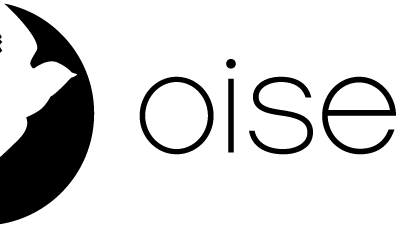In the last two weeks I have gotten four COVID tests. At three of those tests, I was asked a series of demographic questions, one of which being: “What is your racial/ethnic background?” For many, this is a check the box and move on question, but for me I am often left awkwardly choosing between selecting one of my two racial identities “Asian Indian” or “White Caucasian.” Neither of them alone feels right. I am the definition of the in-between. I am both.
One of the most vexing parts of the multiracial experience is being asked, "What are you?" There's never an easy answer. Even when the question is posed out of demographic interest rather than leering curiosity, you're typically forced to pick a single race from a list or to check a box marked "other."
“Other” is a great word to describe how I often feel in racially charged discussions, or circumstances in which I need to identify myself. But “mixed race” is literally the fastest growing racial group in the United States. Why can it sometimes feel so off?
I am the daughter of an Indian immigrant, and a Jewish woman from New York, whose family members survived the Holocaust. Growing up I did not have a racial, ethnic or religious community that I fully identified with. In the month of November my family would celebrate Diwali, the Indian festival of light, and then Hanukkah, in a sense, a Jewish celebration of light. My parents quickly realized that if we did not have a Christmas tree, and celebrate Christmas to some extent, my sister and I would feel left out. So we did that too. I never fully realized how amazing it was that my parents infused their backgrounds into my sister and I, while always preaching a theme of tolerance for others.










